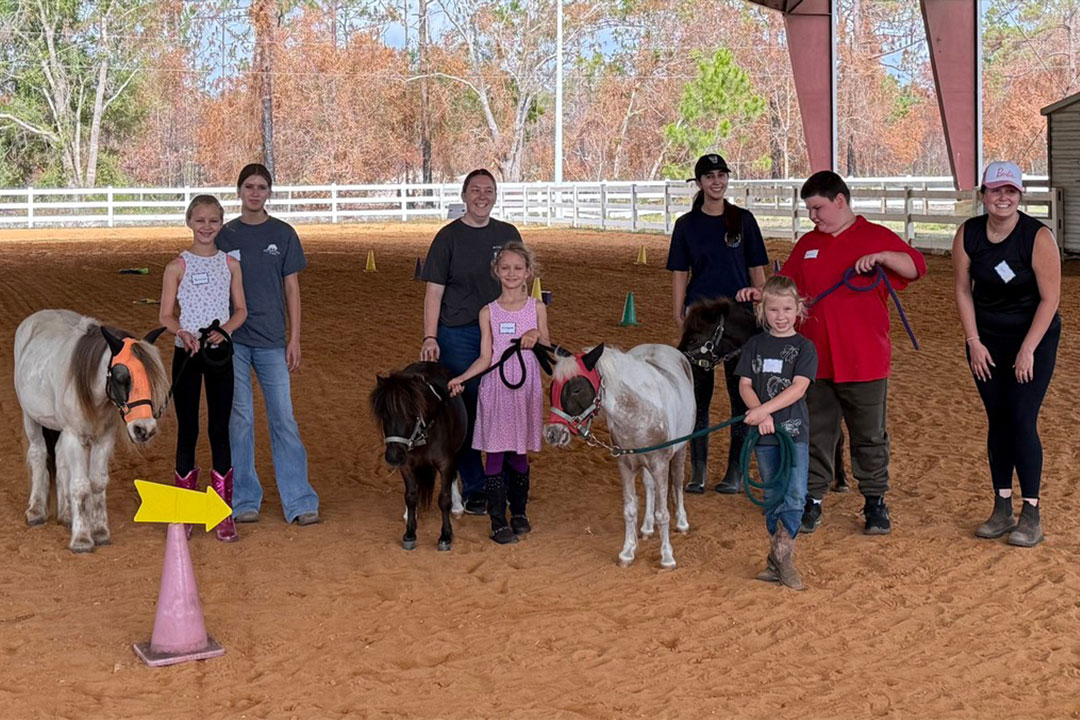Both Equine-Assisted Learning (EAL) and Adaptive Riding offer powerful benefits, but they serve slightly different purposes. Here’s a breakdown of their impact:
Benefits of Equine-Assisted Learning (EAL)
EAL focuses on personal growth, skill-building, and emotional development through structured, horse-based activities (usually ground-based rather than mounted).
Key benefits include:
- Life Skills Development – Enhances problem-solving, communication, teamwork, and leadership.
- Emotional Growth – Builds self-awareness, confidence, empathy, and self-regulation.
- Social Connection – Strengthens trust, cooperation, and interpersonal skills by working with both horses and peers.
- Stress Relief & Mindfulness – Encourages calm, focus, and presence in the moment due to the horse’s natural responsiveness to human emotions.
- Workplace & Educational Applications – Effective for schools, leadership programs, and therapeutic group settings.
Benefits of Adaptive Riding (Therapeutic Riding)
Adaptive Riding is mounted horseback riding tailored to individuals with physical, cognitive, or emotional challenges. Our PATH Certified instructors adapt lessons to each rider’s needs and abilities.
Key benefits include:
- Physical Benefits – Improves balance, coordination, posture, muscle tone, flexibility, and motor skills.
- Cognitive Benefits – Strengthens focus, memory, sequencing, and problem-solving through riding patterns and tasks.
- Emotional & Behavioral Benefits – Boosts confidence, resilience, responsibility, and independence.
- Social Benefits – Encourages peer interaction, communication, and a sense of belonging within a supportive community.
- Unique Movement Therapy – The horse’s gait mirrors the natural movement of walking, which can stimulate core muscles and neurological pathways for riders with mobility challenges.
Shared Benefits
While different in delivery, both EAL and Adaptive Riding share outcomes:
- Empower participants to reach personal goals.
- Provide safe, supportive, and structured experiences.
- Foster deep connections between humans and horses.
- Inspire joy, accomplishment, and a sense of freedom.

